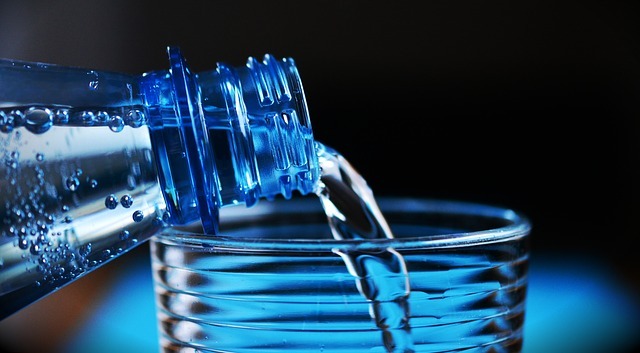Fressko, the Australian company that makes stylish and Eco-friendly water bottles, is all in for "Plastic Free July," a global initiative that encourages millions of people to become the answer to plastic pollution.

Image: Fressko will provide its eco-friendly water bottles for 'Plastic Free July' initiative. Photo: Image by congerdesign from Pixabay.
The people at Fressko have been at the forefront of the fight to save the world’s oceans and waterways from the onslaught of plastic pollution. Eighteen-billion pounds of plastic pollution enter the oceans each year.
“A small commitment can make a huge difference,” said Hayley Culley, marketing director for Fressko. “Each reusable water bottle has the potential to save nearly 1,500 plastic bottles annually. Did you know the average person uses four plastic bottles a day?”
There is also a Plastic Free July challenge you can take at plasticfreejuly.org.
“If you want to help decrease plastic pollution,” Culley said, “just target the top four problem areas: bags, bottles, straws and coffee cups.”
Culley said everyone could take a Fressko bamboo or glass water bottle to fast-food restaurants or movie theaters, especially the ones where you can fill your cup at the soda fountain.
“It also isn’t a big inconvenience to bring cloth shopping bags to the grocery store,” Culley said, adding that people can buy stainless steel straws to replace some of the 500 million straws used daily in the United States.
Fressko also makes a barista-quality reusable coffee cup called the Camino, which is a 12-ounce reusable coffee cup featuring a color-coated, scratch-resistant exterior, and a stainless steel interior designed for long-term durability. The cup can be placed under the spout of a coffee machine and includes internal barista markings.
Fressko flasks are durable, functional, and leak-proof. They can keep beverages cold for up to 12 hours or hot for up to six hours. The containers are 100 percent BPA-free. Fressko also uses a third-party quality assurance company to make sure the company’s standards are met during production.
“Plastic Free July is a great promotion that highlights the problem of plastic pollution,” Culley said. “Plastic is getting into our eco-systems. One whale that died had 88 pounds of plastic in its stomach. Because fish are eating microplastic particles, the problem is moving up the food chain. One recent study stated we are now ingesting about 39,000-52,000 microplastic particles a year.”
Source: Company Press Release
